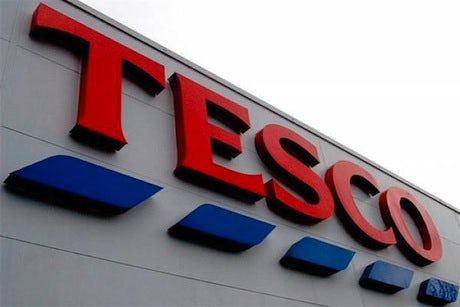Joe Fernandez, CEO, Klout: Start-ups must learn that marketing means more than having a cool product
Founder of the online influence measurement tool on how tech brands get caught up in building features, not companies.

Klout is a company I literally started in my bedroom in New York.
We have a lot of users in Europe, and London specifically, but we’ve never done any marketing over here – it’s always been just organic growth. We never had a marketing team or spent any money on marketing until now. Even when we sold the company to Lithium Technologies in March we had just four sales people.
It has always seemed to me that the best marketing strategy is a good product built by great engineers. So I thought about the ‘total addressable market’ as ‘who have we got emails from this week, who wants to do business?’, as opposed to being a rigorous study of the ecosystem and who the right purchaser is, the right way to reach them and how to build out a product pipeline.
But in Europe in the coming months and years we plan to bring to bear the same focus and aggressive attitude with which we went after the US market.
I have learned a lot about the value of sales, marketing and business development, and I would be a lot quicker to involve those elements and lean more heavily on them in future. The creative aspect of branding and the PR aspect of reach were known to me, but market intelligence and everything around that has been totally new – until recently I had never seen marketing at scale and co-ordinated worldwide.
Klout is now a standard for measuring influence online and one of the most significant and luckiest things about the company’s growth is that our first office was in the same building as Twitter. I started the company in New York but moved it to San Francisco and when brands visited Twitter we would hijack the meeting and get them to visit us too. I’d keep a Twitter search running for ‘Twitter HQ’ and respond to marketers, saying ‘you should stop by Klout – we’re on the first floor’.
We were building on the shoulders of Twitter, Facebook and all those companies based in the San Francisco Bay area and I thought it was strategically critical to be best friends with them, and it really did make a difference. That said, I have noticed in the past few years that the world is changing and there’s now much more ability and opportunity to stay outside that geographical area and still be successful. We’ve seen it in New York, we’ve seen it in Los Angeles and now you see it starting to happen in London.
In fact, at some point I’m going to start another company – well, I am an entrepreneur – and it’s highly likely I won’t do it in San Francisco. What worries me about San Francisco is that true innovation comes from being an outsider and San Francisco is now so overrun with technology that the ‘echo-chamber’ or ‘bubble’ effect is becoming too much. I look to places such as London as being present and future points of creation.
A common flaw everywhere in start-ups, now that it’s so easy to establish something, is the thought process surrounding what will ultimately lead to success. The process from zero to creation has become easier but people aren’t thinking about the next step – from creation to a viable business. They’re building features, not companies.
Historically, the upfront investment involved in starting a business
was so high that you had to think through the whole thing, but now you can go to a hackathon and start a company within 24 hours. And that’s a cool thing – most of the people who do it are young and I don’t think it’s bad, in that it either leads them to see they don’t have it in them to create the ‘big thing’ or it’s practice so they learn valuable lessons for when they do. I have a graveyard of bad ideas that seemed good at the time, but were not real companies.
There’s benefit in the creative outlet, the learning and trying, but unfortunately it comes with a bit too much self-importance and if we, as entrepreneurs, could balance that out, some of the backlash we’re seeing at the moment would go away.
As told to Michael Barnett






